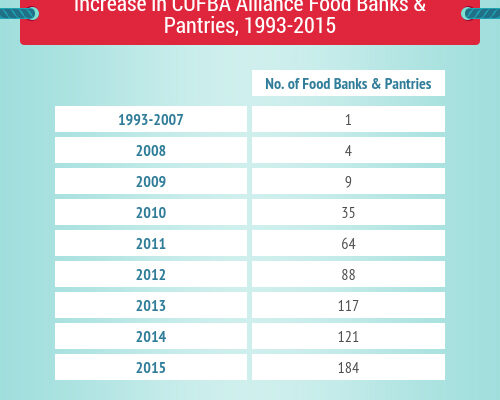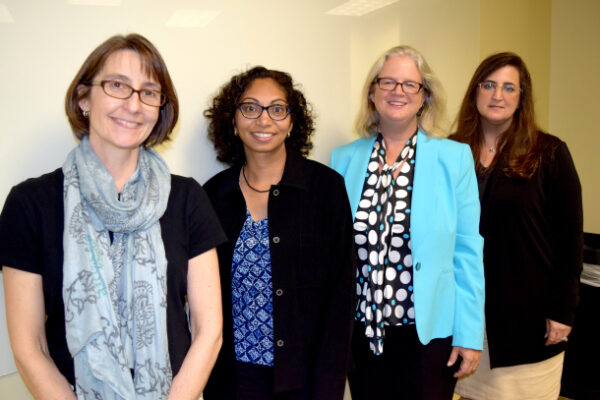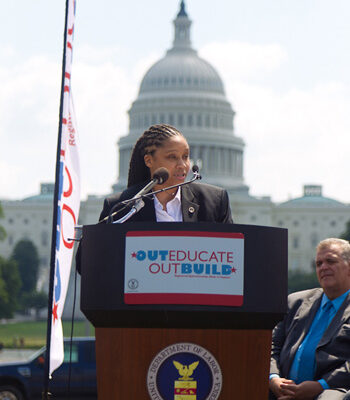All Posts

FAFSA Simplification: Harder Than It Seems
Making it easy for students and families to apply for federal student aid is a little like the Holy Grail—universally sought for its extraordinary value, but never found. And the search likely will intensify as Congress works to reauthorize the Higher Education Act, writes Terry Hartle. At issue is the FAFSA, the form that students and families must fill out to get federal student aid.

Fighting Food Insecurity on Campus
College and university administrators and leaders around the country increasingly are realizing that undergraduate students are among the millions of Americans who experience food insecurity, or a lack of resources to obtain nutritional food. Chris Nellum looks at what we can do about the problem, which has grown significantly in the years since the Great Recession.
DMU President Angela Franklin: An Unconventional Journey
Higher education leaders from around the country gathered last week in Arlington, Virginia to discuss the progress of ACE’s Moving the Needle initiative, which is working toward the goal of women holding 50 percent of college and university presidencies by 2030. In this post, Des Moines University President Angela Franklin talks about the importance of women leaders sharing their personal stories.
Southern Utah University Program Saves Time & Tuition
Southern Utah University is hoping to save its students time and tuition spent on general education requirements through a specialized new program called Jumpstart GE. The program will launch this fall with an initial cohort of 50 freshmen, who will register for the same 17 credits per semester, cutting general education requirements down to one year instead of the typical two.
UMass Attracts Community College Honors Students With New Scholarship
The University of Massachusetts Amherst has launched a new scholarship program designed to encourage top students from the commonwealth’s community colleges to finish their bachelor’s degrees. The scholarship will expand on the work of MassTransfer, an initiative to encourage students to take advantage of community college’s lower costs before completing their degrees at UMass.

